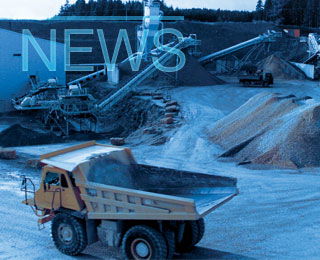Much of India may be losing sleep over a rise in sales tax to 12.5 per cent from 8 per cent once value added tax comes into effect next month. But South-based cement majors such as India Cements, Madras Cements, Dalmia Bharat, Chettinad, ACC and Zuari Cement are anticipating good times with VAT. They expect their sales realisations to go up by at least Rs 12-15 per bag once the four Southern sisters move to VAT from April 1. The biggest impact will be felt by Tamil Nadu and its market leader, India Cements. Tamil Nadu is also the region’s biggest market.
Currently, the sales tax on cement in the South varies from 19 per cent to 24 per cent, as against 8-10 per cent for the rest of the country. Under the new tax regime, sales tax on cement will decline to a uniform level of 12.5 per cent. With retail prices likely to remain unchanged, the reduction in sales tax would be absorbed by the cement majors as additional sales realisations. "We don’t foresee a reduction in retail prices in the post-VAT regime. The reduction in tax burden will most likely be absorbed by the cement makers," says a senior official with Associated Cement Companies (ACC).
Currently, states like Kerala also impose a turnover tax of 2.5 per cent on cement. Tamil Nadu, on the other hand, has dual level sales tax on cement, wherein the rate of tax doubles if the retail price crosses a certain level. All put together, the effective sales tax rate in the South is above 20 per cent. This is more than twice the rate applicable for the rest of the country. This puts Southern cement majors at a great disadvantage vis-a-vis their counterparts in the rest of the country. Value added tax will change all this.
